Smoke Taint Concerns Linger After Santa Barbara County’s Lake Fire
Certain Pockets Near the Summertime Wildfire Reporting Damaged Grapes and Flawed Ferments
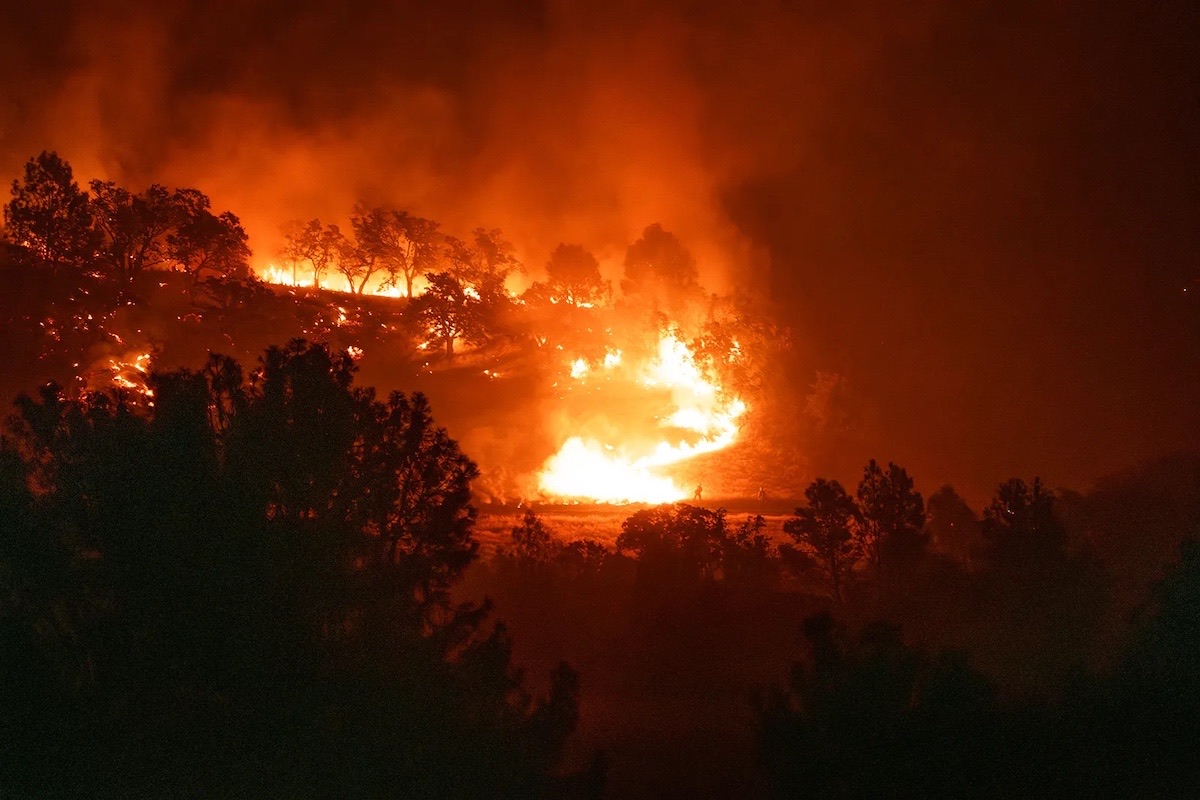
Bad mezcal with a hint of soiled diaper.
This is not the tasting note anyone wants to find on a bottle of $50 grenache, but that’s about what a smoke-tainted sample of grapes grown near this past summer’s Lake Fire smells and — at least for the bold — tastes like.
Frequency Wine Co.’s Zac Wasserman dropped a tiny bottle of affected wine off at my house a couple of weeks back, alongside a bottle of last year’s clean version. After investigating the bad one, I decided to just save the good one for later. There was no need for a direct comparison.
“Smoke taint” is the phrase for when a wildfire’s plumes inundate a vineyard so much that smoky compounds permeate the grapes, leaving slightly toasty to rather odd to downright disgusting smells and tastes in the finished wine. Thankfully, despite Santa Barbara County’s penchant for wildfires, this is not something many vintners here have been forced to reckon with, due mostly the fortunate timing and distance of recent blazes.
Thanks to climate change, though, smoke taint is now knocking on more cellar doors. In Santa Barbara wine country, it banged for a number of vineyards — and their grape-buying winery clients — when the Lake Fire erupted above Zaca Lake on July 5. By the time it was contained almost three weeks later, it had burned nearly 40,000 acres almost entirely across the Los Padres National Forest, and above thousands of acres of Santa Ynez Valley vineyards.
Concerns arose at that time. The hope was that, because the fire came before the grapes went through veraison — a critical maturation point in which they turn color from green to gold or red — the impacts would be minimal. By and large, that appears to be true for most of Santa Barbara County, where the bulk of vineyards, from the Sta. Rita Hills to Happy Canyon, appear to have been adequately far from steady smoke.
But as harvest went forward, it quickly became apparent that smoke problems did exist. The most public acknowledgement came on October 14 from Fess Parker Winery, which emailed its club members to say that the 2024 harvest from Rodney’s Vineyard was negatively impacted by the Lake Fire.
“Out of concern, we tested the various blocks extensively and many of them came back positive for high levels of smoke taint,” it read. “These results have led us to make the difficult decision to not harvest and produce wine from any of the red grape varietals grown on our estate vineyard this year. While this is terribly disappointing, we simply won’t take the chance of compromising the quality of our estate programs under the Fess Parker and Epiphany labels.”
The email went on to explain that the white grapes from Rodney’s remained viable. It also emphasized that the winery’s other sources of fruit, particularly for pinot noir and chardonnay in the Sta. Rita Hills, were not impacted at all.
While smoke taint is relatively new for Santa Barbara vintners, the open acknowledgment of it was definitely cutting-edge for the industry at large. That email surprised many, and was quickly applauded by others.
When I spoke to Fess Parker Winery’s president Tim Snider a week after the email went out, he was pleased that they did it. “It seemed pretty obvious that we should share that outcome with people and especially our team,” he explained. “We wanted to make sure our team was prepared to properly answer questions as questions started to arise.”
He always wanted to make sure everyone knew that it was a “localized” incident. “It’s this single vineyard, but it’s not affecting broad swaths of Santa Barbara County, and definitely not our chardonnay and pinot noir,” said Snider. “We were thoughtful in terms of how we were conveying the point.”
Turning Tide winemaker Alisa Jacobson thought Fess Parker’s admission was the right move. “It’s better than being scared or hiding about it,” she said. “That’s not gonna help.”

Having founded the state’s smoke taint task force — she was actually watching firefighters battle the Lake Fire above her Santa Ynez vineyards when I interviewed her for that story — Jacobson wants winemakers to be more forward-thinking when it comes to all things smoke taint. She openly talked about her concern for this vintage, how she treated her whites and rosés more gently so as to not extract bad compounds, and how she ran a number of “smoke buckets,” which are small fermentations to test for taint.
“It was a learning experience, and people are still going to be learning,” she said. “It will be an ebb and flow of winemakers making decisions on what areas they feel like are more impacted.”
Just because there’s a little taint, it doesn’t mean the lot is all bad. “It’s something you can at least work with if you have the right tools and knowledge ahead of time,” said Jacobson, noting a large gray area in this analysis. “If you’re able to be preventative, you’re just fine.”
Jacobson didn’t take a massive hit herself. “Where I was getting fruit from was not that heavily impacted,” she said.
Frequency’s Wasserman, meanwhile, was not so lucky. He initially lost about 40 percent of his usual tonnage due to smoke taint at vineyards near the fire’s epicenter.
After looking at the map of the fire and seeing that some of his main sources were nearby, he was very much concerned, so drove past the closed road signs to see for himself. “It was toxic,” he reported.
He started running fermentation tests as soon as the grapes had enough sugar, as the smoke compounds tend to release and show themselves when fermented. “People were telling me, ‘You’re crazy, why are you testing?’” recalled Wasserman. “But I don’t have investors or anything like that. If I don’t make good wine, my daughter won’t eat.”
Immediately, the results came back high, and the reds he tested were worse. (Hence the mezcal-diaper sample.) He shared those results with each vineyard so that they could use the data in any insurance filings down the road. (Starting next year, vineyards will be able to enhance their policies with the new Fire Insurance Protection–Smoke Index, or FIP-SI, endorsement, which was introduced to growers statewide during a November 14 webinar.)
The historic Zaca Mesa Vineyard was one such property, and Wasserman said they handled the complicated issue diplomatically. When I talked to the 125-acre estate’s president Stewart Cushman, the only thing he really felt comfortable about saying publicly was, “We’ve experienced significant loss.”
Wasserman is proud of how he approached the vintage for Frequency, but fears for others. “I spent a lot of money on the test results, but I saved a ton because I didn’t bring in bad fruit,” he said. “There are gonna be wineries that have smoke taint who are oblivious to this problem. It’s going to rise through the vintage.”
Because he was proactive, Wasserman found enough fruit to produce nearly a full vintage, eventually buying grapes from other vineyards around the Santa Ynez Valley. Some sources were even as close to the fire as the Alisos Canyon appellation, revealing how narrow in scope the impacts may be after all.
“I was ahead of the curve, and I was testing this before anyone was talking about it,” he said. “I hate anxiety. I tackle problems head-on. I sniff them out and find a solution.”
Premier Events
Thu, Mar 06
5:00 PM
SANTA BARBARA
First Thursday at Art & Soul on State Street
Sat, Apr 05
9:00 AM
Santa Barbara
Terry Real’s Relationship Skills Bootcamp
Thu, Mar 06
4:00 PM
Santa Barbara
Santa Barbara Countywide Education Job Fair
Thu, Mar 06
5:30 PM
Buellton
Lane Tanner Tribute Dinner & Stories
Thu, Mar 06
6:00 PM
Santa Barbara
Lori Wakefield Art Show at Domecil Gallery
Thu, Mar 06
6:00 PM
Santa Barbara
Reunir with the California Rangeland Trust
Thu, Mar 06
6:30 PM
Santa Barbara
David Starkey Book Launch at Voice Gallery
Thu, Mar 06
7:30 PM
Santa Barbara
Refractions: voices of light & dark
Fri, Mar 07
7:30 PM
Santa Barbara
Refractions: voices of light & dark
Sat, Mar 08
2:00 PM
Santa Barbara
Refractions: voices of light & dark
Sat, Mar 08
7:30 PM
Santa Barbara
Refractions: voices of light & dark
Thu, Mar 13
4:00 PM
Santa Barbara
Santa Barbara Countywide Education Job Fair
Thu, Mar 06 5:00 PM
SANTA BARBARA
First Thursday at Art & Soul on State Street
Sat, Apr 05 9:00 AM
Santa Barbara
Terry Real’s Relationship Skills Bootcamp
Thu, Mar 06 4:00 PM
Santa Barbara
Santa Barbara Countywide Education Job Fair
Thu, Mar 06 5:30 PM
Buellton
Lane Tanner Tribute Dinner & Stories
Thu, Mar 06 6:00 PM
Santa Barbara
Lori Wakefield Art Show at Domecil Gallery
Thu, Mar 06 6:00 PM
Santa Barbara
Reunir with the California Rangeland Trust
Thu, Mar 06 6:30 PM
Santa Barbara
David Starkey Book Launch at Voice Gallery
Thu, Mar 06 7:30 PM
Santa Barbara
Refractions: voices of light & dark
Fri, Mar 07 7:30 PM
Santa Barbara
Refractions: voices of light & dark
Sat, Mar 08 2:00 PM
Santa Barbara
Refractions: voices of light & dark
Sat, Mar 08 7:30 PM
Santa Barbara
Refractions: voices of light & dark
Thu, Mar 13 4:00 PM
Santa Barbara

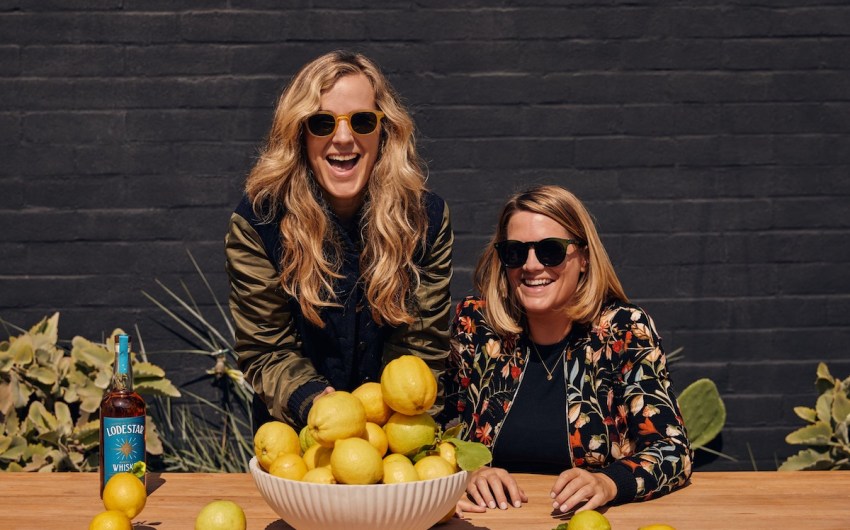
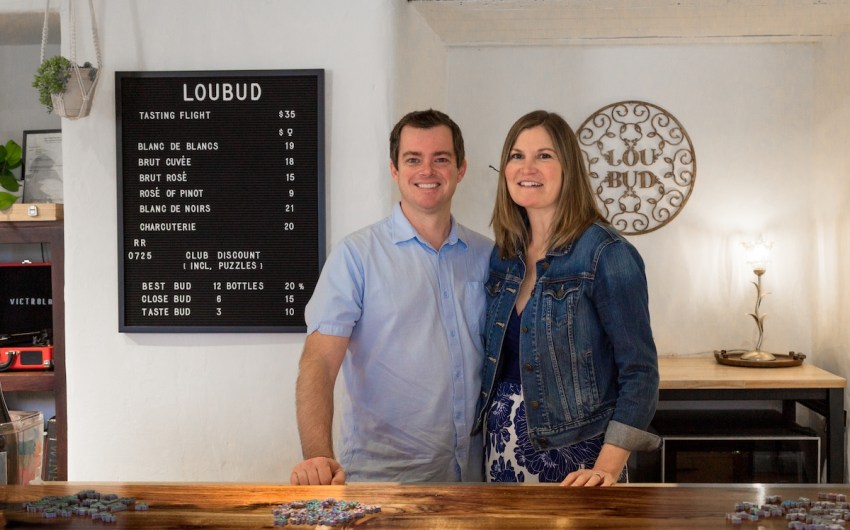
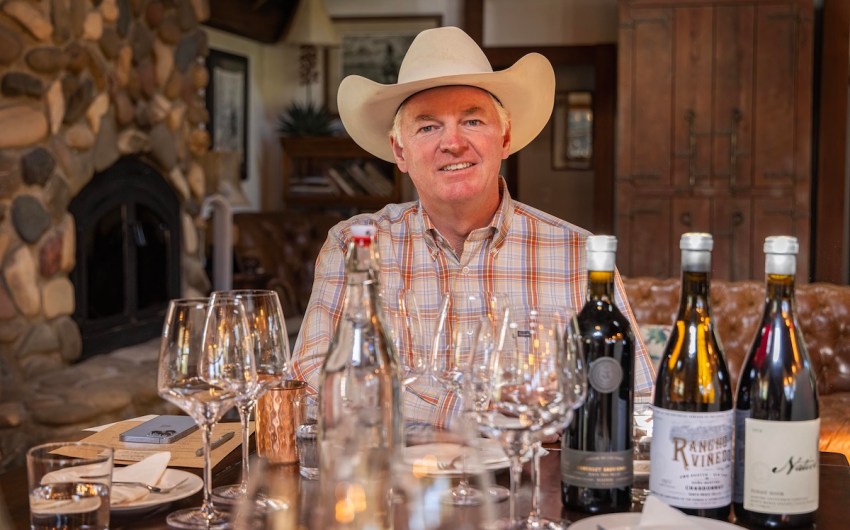
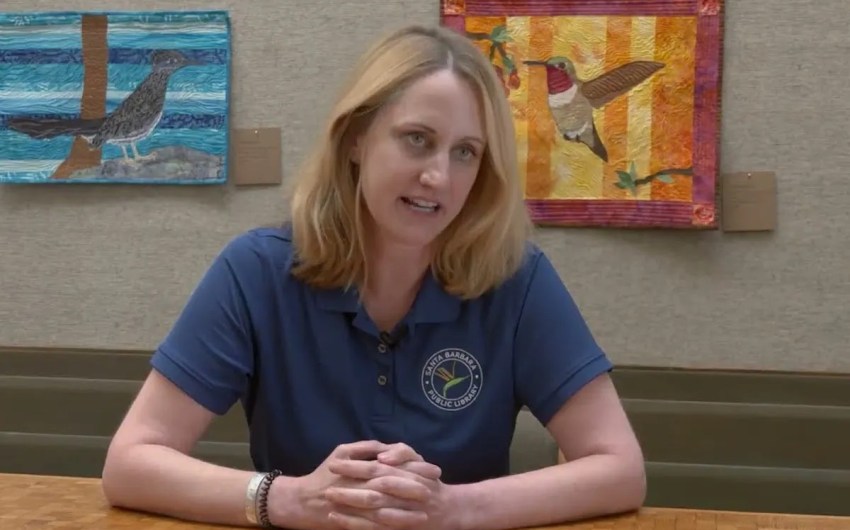
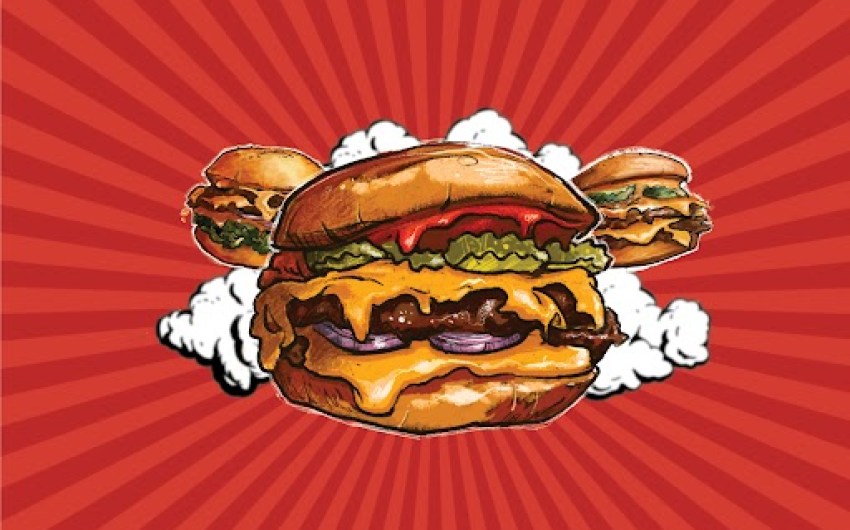

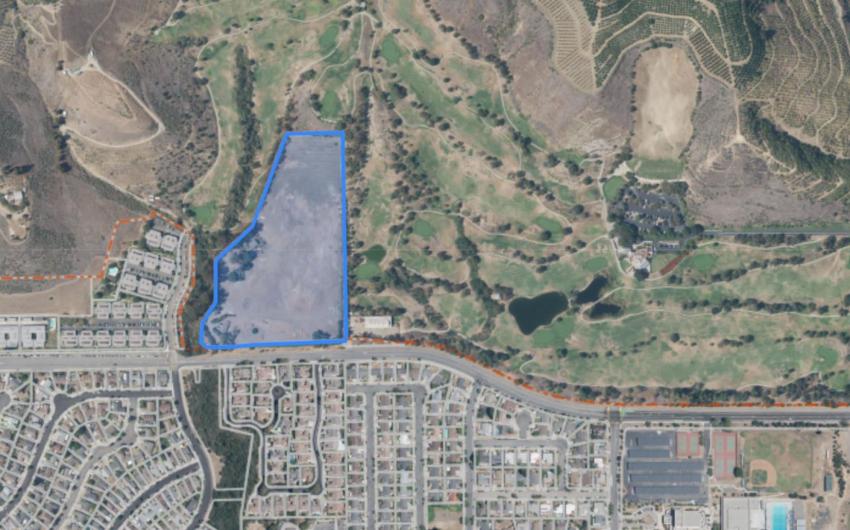

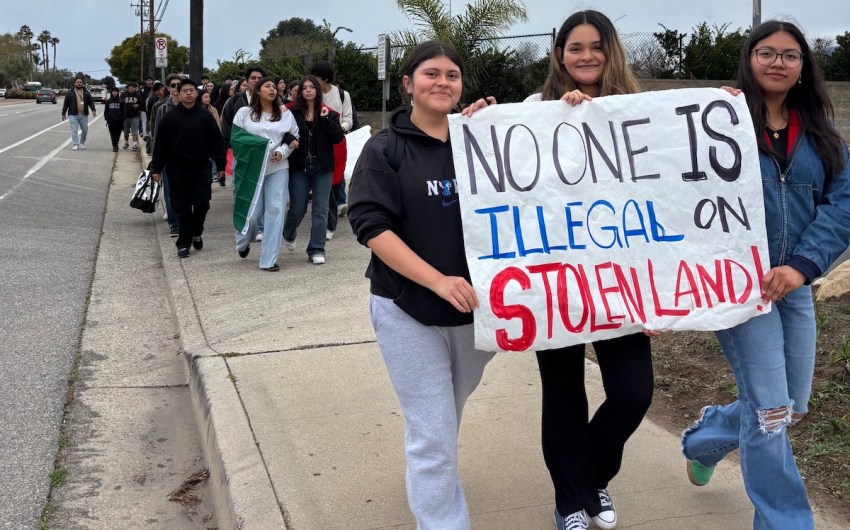
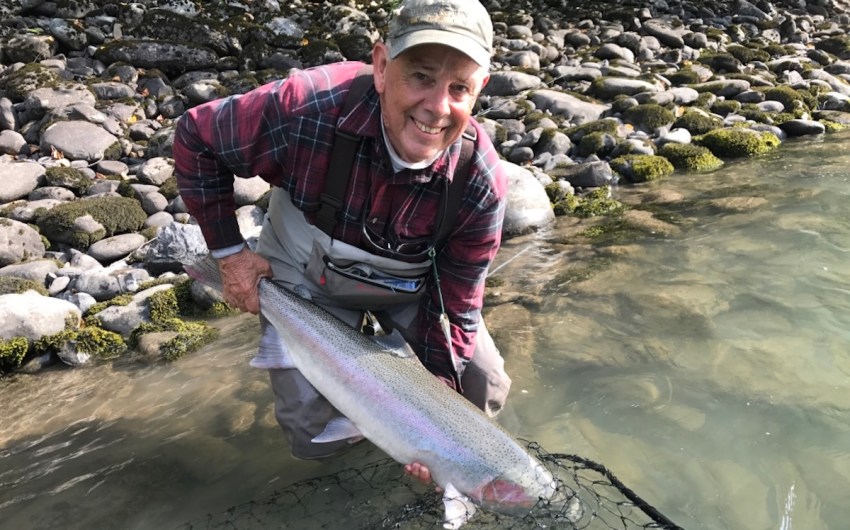

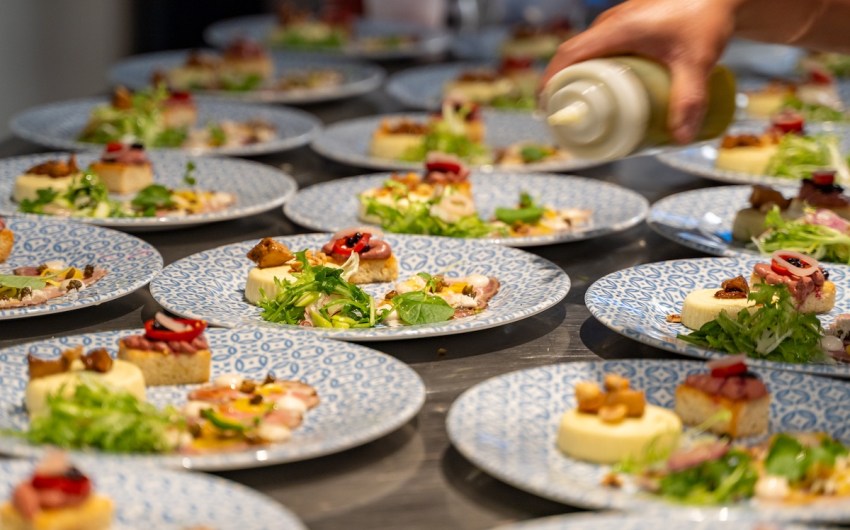









You must be logged in to post a comment.